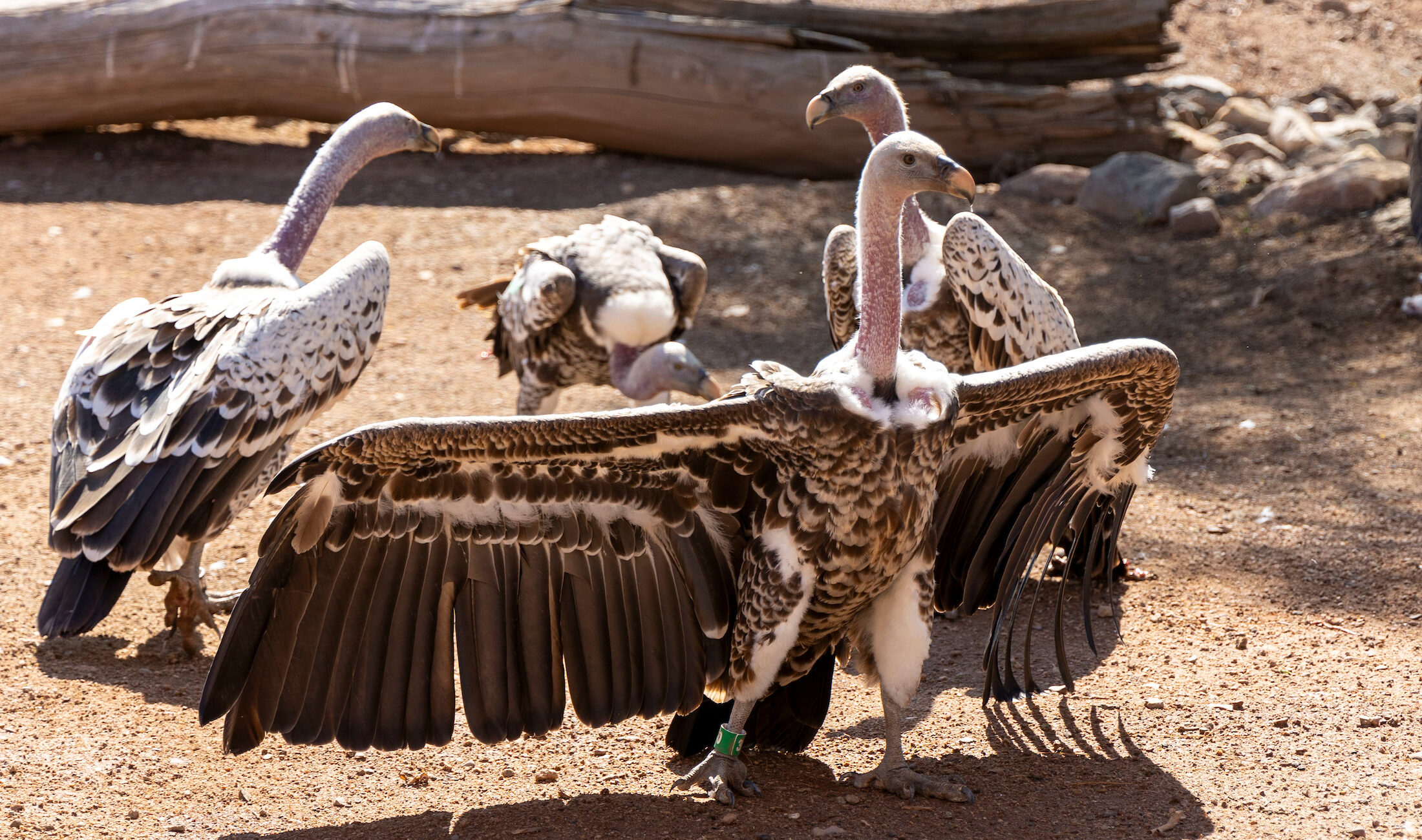Danish Zoo's Unusual Donation Drive: Pets for Predators Sparks Ethical Firestorm
Aalborg Zoo's request for public pet donations to feed its predators sparks a fierce global ethical debate, confronting the uncomfortable realities of animal welfare and zoo feeding practices. This controversial initiative forces a stark examination of the predator-prey dynamic when beloved companion animals become sustenance.

A Danish zoo's appeal for unwanted pets—not as residents, but as predator food—has ignited a fierce global debate about animal welfare, zoo ethics, and the uncomfortable realities of the food chain. Aalborg Zoo's request for public donations of small animals like guinea pigs, rabbits, chickens, and even horses to feed its lions, tigers, lynx, and bears has drawn online outrage, staunch defenses, and placed a spotlight on common but often hidden zoo practices. The request, framed as a solution for owners struggling to rehome pets while supporting natural predator diets, has forced the public to confront the visceral reality of zoo feeding protocols Euronews.
The zoo's chief zoologist, Anette Sofie Warncke Nutzhorn, emphasized that the practice is routine and ecologically sound. "There's nothing new to this," Nutzhorn stated, explaining that whole prey resembling what predators naturally hunt in the wild, particularly for species like the European lynx, is crucial for their physical and behavioral well-being Euronews. Donated animals are gently euthanized by trained staff before being fed to the carnivores. The zoo also highlighted the potential for tax deductions based on the value of donated horses, adding a practical incentive for larger contributions Washington Post, BBC.
Despite the zoo's matter-of-fact explanation, the call for healthy pets destined to become prey has triggered widespread horror and condemnation. Images of cuddly rabbits and guinea pigs juxtaposed with the zoo's predators fueled viral outrage. "The thought of euthanizing pets for zoo feed is deeply disturbing," voiced one critic, echoing the sentiments of many who highlighted the profound emotional bond between humans and companion animals Washington Post. Animal rights organization PETA denounced the practice as "egregiously cruel," arguing that it normalizes violence against animals and offers a grim solution for unwanted pets Fox News.
The backlash underscores a significant disconnect between public perception of zoos as conservation havens and the necessary, often grim, biological realities of maintaining captive predators. While Aalborg Zoo insists this is standard practice in Denmark, with many guests and partners appreciating the opportunity to contribute, the public reaction reveals discomfort with confronting the predator-prey dynamic when familiar domestic animals are involved Washington Post, BBC. Experts support the zoo's position on nutritional needs, stressing that feeding whole animals – fur, bones, and organs – is vital for replicating natural eating habits and maintaining the health of carnivores in captivity Boise State Public Radio.
This incident is not isolated within Europe. Similar practices have surfaced at other zoos, though rarely with such a direct public appeal, suggesting Aalborg's viral moment has brought a longstanding, often unspoken, aspect of zoo management into the harsh light of public scrutiny Fodor's. The controversy arrives amid significant shifts in how news is consumed; studies indicate Google's AI summaries have reduced website traffic by 55% since 2022, forcing outlets to compete fiercely for audience attention with emotionally resonant stories like this one Euronews Next.
The ethical firestorm surrounding Aalborg Zoo forces difficult questions. Where is the line between responsible animal husbandry and unacceptable cruelty when beloved companion species become sustenance? Can the educational mission of zoos coexist transparently with the necessary killing involved in feeding carnivores? The debate extends beyond Denmark, challenging global perceptions of animal value, conservation priorities, and our willingness to acknowledge the raw mechanics of nature, even within the controlled environment of a zoo. While the predators at Aalborg may receive a more naturalistic meal, the zoo has inadvertently fed a much larger, and far less comfortable, conversation about our relationship with the animals we keep.